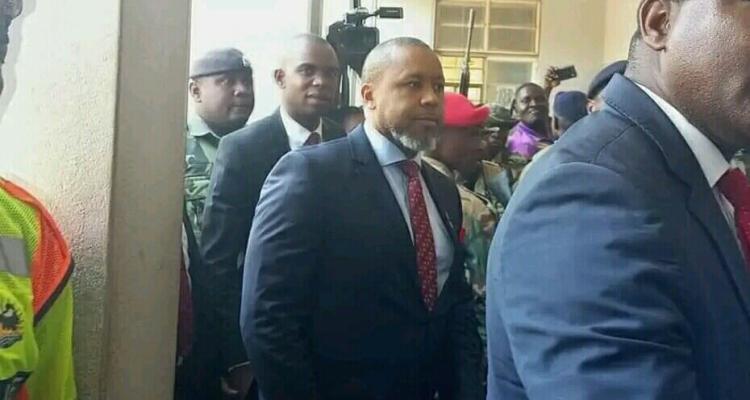
Political corruption can simply be defined as the use of power by government officials or their network contacts for illegitimate private gain, as seen in the cashgate scandal or the recent fertlizergate in Malawi.
First, poverty is one known factor that encourages corruption in Malawi. Civil servants receive low salaries, and sometimes, in their struggle with poverty, they resort to taking loans or initiating aid programs to support the local economy and the people. However, public officials often unlawfully divert the money or goods for their private gain.
A prominent example is the case of public officials who misappropriated money and goods meant for Cyclone Freddy survivors for personal gain. Certain city assemblies were involved in this theft from the disadvantaged poor Malawians.
On the contrary, politicians receive high salaries and allowances, along with free housing, water, electricity, security, transport, fuel, and duty-free privileges on imports from outside Malawi. Yet, some of them are the most corrupt individuals in the country. It is disappointing to witness how they amass significant wealth within a short period while poor farmers struggle to obtain subsidized fertilizer. The list of such examples goes on.
Corruption by the very top officials, who were supposed to step in during Cyclone Freddy, has regrettably been noted, as many donated items intended for the survivors ended up in the wrong hands. Sadly, many survivors haven’t received proper assistance in this regard, causing significant pain and hopelessness to those who are already suffering.
Second, speaking up and making complaints help to expose corrupt activities and risks that might otherwise remain hidden.
Unfortunately, speaking up and making complaints do not always lead to decisive action against corruption, as some politicians are appointed to higher positions even after corruption cases have been concluded.
The recent appointment of the new army commander by the President is a prime example. Despite being named in a corruption allegation, Phiri was still given the post of army commander by Chakwera. This raises doubts about the President’s seriousness in fighting corruption.
It is disheartening to see that instead of promoting honesty, transparency, and accountability in the public sector, the opposite is true. Public servants continue to engage in dishonest practices even in full view of everyone. We expect public sector employees to act in the public interest, but it seems their focus is primarily on personal gains, leading to significant losses for the common people.
Third, in a nutshell, corruption increases inequality, decreases popular accountability and political responsiveness, and thus generates rising frustration and hardship among Malawians, who may then be more likely to accept (or even demand) hard-handed and illiberal tactics.
Fourth, corruption has exacerbated income inequality and poverty through lower economic growth, biased tax systems favoring certain politicians and well-connected individuals, poor targeting of social programs such as the Agricultural Inputs Program (AIP), and the use of wealth by the well-to-do to influence the government for policies that perpetuate inequality in asset ownership. The recent failed attempt to impose punitive and exorbitant duties on cars for Malawians is an excellent example of inequality in asset acquisition, while politicians import various goods without paying any duty.
Fifth, political economy is the integration of political and economic factors in our analysis of modern society. While most would agree that politics and economics are intricately and irretrievably interwoven—where politics affects the economy and vice versa—this approach seems natural.
Finally, Malawian politics today has profoundly affected the economy of Malawi, resulting in struggles for every businessperson, employee, and poor farmer to survive. The current environment in Malawi is highly unfavorable for conducting almost anything, as corruption seems to be deeply rooted from State House, Capital Hill, Police, MDF, Banks, churches, mosques, courts, to prisons. Corruption has permeated every aspect of society, and it will likely take a considerable amount of time to bring about meaningful change in the country. We must start fighting corruption now!













